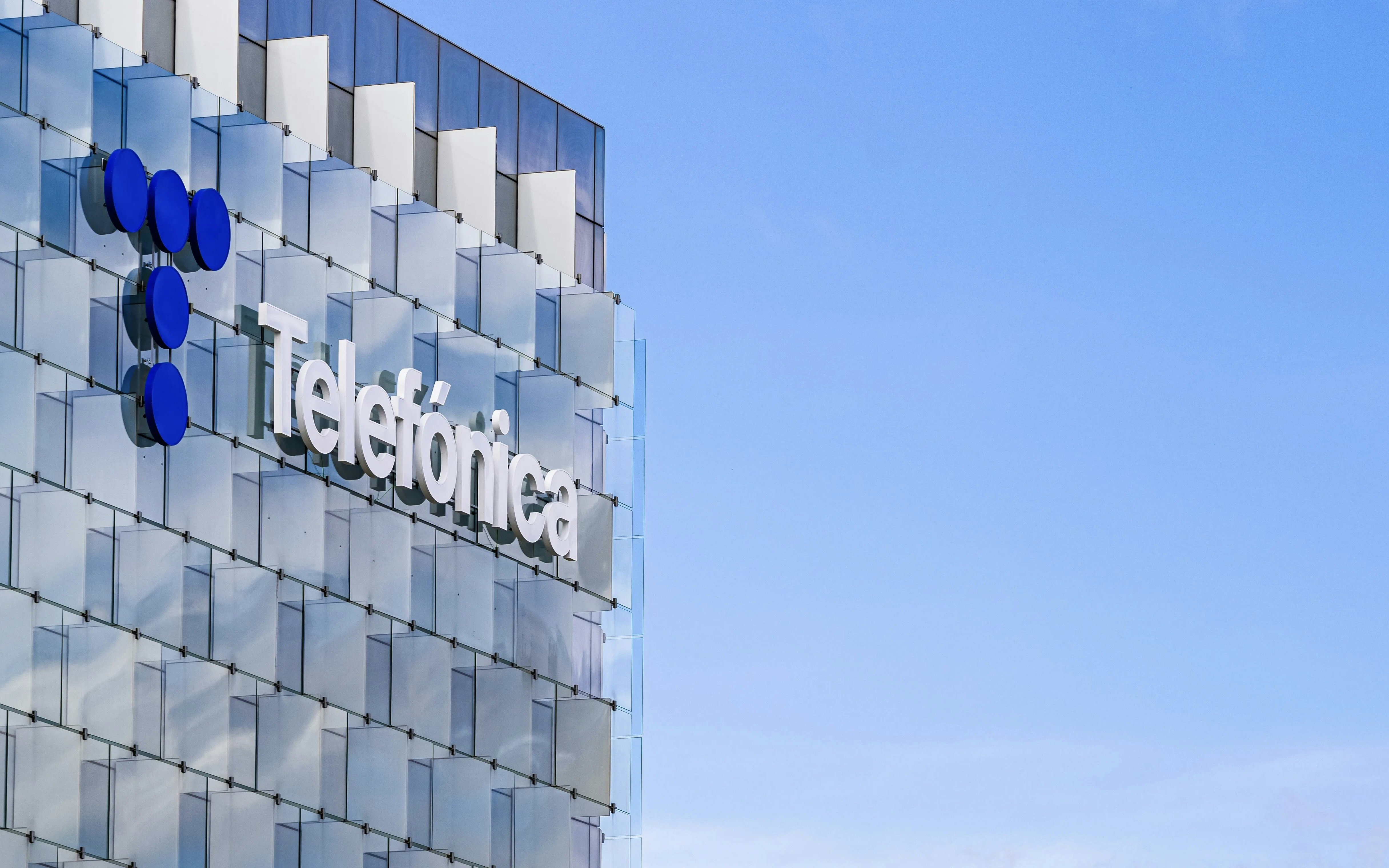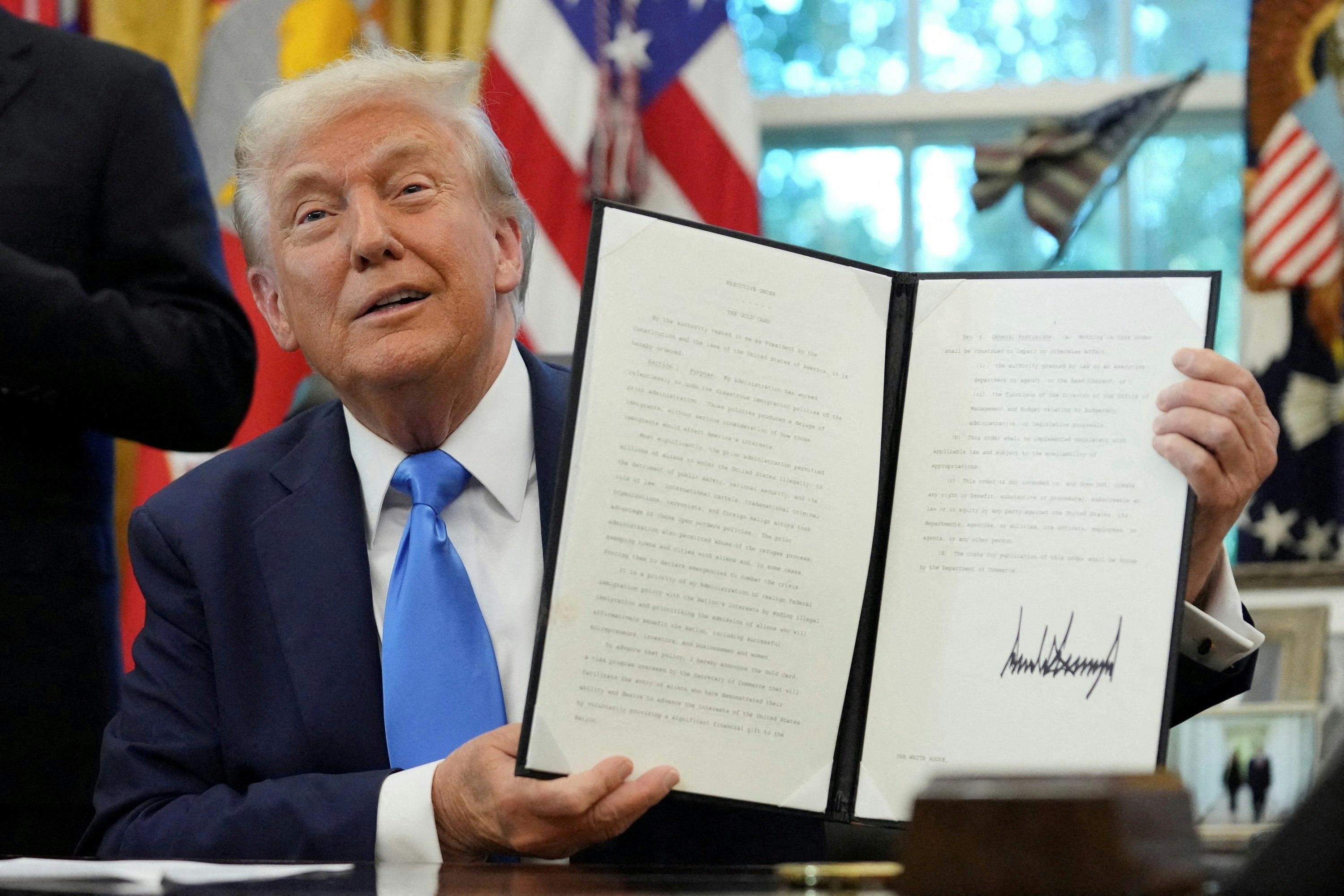The Spanish government and the Saudi telecommunications company STC have emphasized their joint support for a comprehensive realignment of the telecom giant Telefónica. STC, majority-owned by the Saudi sovereign wealth fund, announced that it has increased its stake in Telefónica to 9.97 percent and requested a seat on the board of directors.
The company confirmed on Friday that it had completed its long-planned acquisition of shares. The participation is through Luxco, also known as Green Bridge Investment Company, an STC subsidiary based in Luxembourg. The Spanish government, which holds 10 percent of Telefónica shares through a state holding, supports the planned strategic realignment of the company.
The Spanish Minister of Economy, Carlos Cuerpo, stated in Davos that both STC and other shareholders like CriteriaCaixa, the investment company of the foundation associated with CaixaBank, pursued a shared long-term vision for Telefónica. "The main stakeholders have decided that it's time to initiate a new phase in the company's strategy," said Cuerpo.
The restructuring of the company led to the removal of the previous chairman of the board, José María Álvarez-Pallete, who had led the company since 2016. The decision was made at a meeting with Prime Minister Pedro Sánchez and was confirmed by the Telefónica board on Saturday. His successor is Marc Murtra, a manager close to the government who was previously chairman of the Spanish arms company Indra.
While Álvarez-Pallete managed the business, Telefónica's stock price fell by around 50 percent, reflecting the challenges in the European telecom sector.
STC expressed interest in Telefónica's technologies in areas such as cognitive intelligence and network security. The company has already suggested participating in discussions about possible mergers and strategic alternatives, but there are currently no concrete plans.
The conservative opposition in Spain sharply criticized the government's interference and accused it of excessive meddling in corporate management. However, Cuerpo rejected the criticism and emphasized the importance of the telecommunications sector for cybersecurity and artificial intelligence in Europe.





